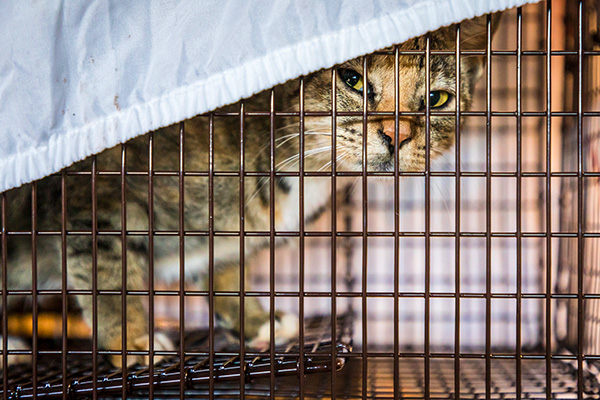The animal community of Quintana Roo is in mourning. An animal rescuer died on February 11 due to rabies contracted on January 4 from the bite of a feral cat that he suffered on his hand while trying to help the feline.
The 67-year-old man apparently dedicated his time and resources to providing medical care, food and temporary homes to cats in his community.
According to reportsNational Center for Preventive Programs and Disease Control (Cenaprece), the victim would have been bitten by a feral cat that he was trying to help. After the event, the rescuer went to the Red Cross to receive care for the bite but did not go to a medical center to receive the corresponding vaccines. Rabies is a deadly disease that is transmitted by the saliva of infected animals, and without prompt treatment it is usually fatal. The Rabies laboratory of the Epidemiological Diagnostic and Reference Institute identified the antigenic variant as Variant V5 (from the blood-sucking bat).
The tragic death has generated consternation and sadness in the Quintana Roo community. His story highlights the importance of rabies vaccination as a fundamental preventative measure to protect both animals and people.
A Call to Responsibility
This case reminds us of the shared responsibility we have as a society in the care of animals and the prevention of zoonotic diseases, those that are transmitted from animals to humans.
- What can we do?
- Vaccinate our pets against rabies periodically. Vaccination is a must, specially in areas with wildlife.
- Sterilize our pets and support low-cost sterilization campaigns.
- Avoid abandoning domestic animals.
- Support animal rescue organizations in their work.
- Be responsible citizens and educate ourselves on the subject.

